Editor’s Note: After 15 months of the pandemic, when we’ve all needed extra support, we’re republishing this insightful piece about the role book clubs can play in our lives.
***
After my brother Billy died a few years ago, my book group threw me a Shivish.
“You mean a ‘Shiva,’ don’t you?” people ask, referring to the Jewish tradition of formalized mourning for seven days after a burial. No, I mean a “Shivish.” It was sort of like a Shiva, in that, after hearing about Billy’s death, my book group friends arrived at my home on a cold Sunday afternoon, bearing food and drink. They sat with me for hours as I told stories of my little brother, passed around photos of him as a sweet, tow-headed toddler, a handsome teenager, and a troubled adult, and cried some.
Over the last quarter century, we’ve grown up together.
My own religious heritage was mixed, and I was raised in no faith. For complicated family reasons, there had been no funeral for my brother. The book group took it upon themselves to hold this Shivish, which featured no rabbi, no prayers—just the love and support of a group of women who, over the course of hundreds of shared books, have become my clan.
This year, our book group is celebrating its 27th anniversary. On a fall morning back in 1994, my friend Emily and I took a neighborhood walk. Our kids were in school—my son had just begun kindergarten and my daughter, 4th grade. We rounded a corner, and Emily suddenly said, “Let’s start a book group!”
Book groups were not such a thing back then. They existed, of course, but tended to be formal, structured affairs. No one I knew was in one. (Now I barely know anyone who isn’t in one.) At the time, Emily and I were both taking a break from our full-time careers—she was a lawyer, and I was a journalist. I was working part time from home and sorely missed having colleagues. As an avid reader, I loved Emily’s idea.
A Book Club Is Born
We talked about whom we should include. All the women we knew in our suburb were young mothers who had moved from Manhattan or Brooklyn. Some commuted into the city for full-time jobs, others were home full time with the kids, and still others were part-time hybrids like me. We settled on about 10 women.
By now, we’ve read several hundred books
Honestly, I don’t remember our first book or the discussion. (It’s mind-blowing enough just to recall the days when I couldn’t simply walk out the door without arranging childcare.) But the basic structure of our book group has held steady for two and a half decades. We meet monthly, in the evening, at someone’s home.
Yes, true to stereotype, we always had wine. But I take exception to those boozy depictions of women’s book groups. The 2018 movie Book Club, which showed older and supposedly sophisticated women getting tipsy, giggling over men, and reading 50 Shades of Gray was just insulting. (Jane Fonda, Candice Bergen, Mary Steenburgen, Diane Keaton—how could you? I had such high hopes.)
We actually do discuss the book—not just whether we enjoyed it, but the themes, the quality of the writing, the trustworthiness of the narrator, and more. We’ve never prepared questions or lectures. We haven’t needed to. Of course, our conversation veers off topic from the book, but in our group, someone will inevitably say loudly, “Can we please get back to the book?”
Okay, we also eat. For a while, the host made dinner, but that was too much work. Then we switched to potluck. A brief phase of “just appetizers” was followed by “theme dinners.” That is, if we read a book based in Africa (Alexandra Fuller’s Don’t Let’s Go to the Dogs Tonight), the main course might be a peanut stew with suitable accompaniments. When we read Madeline Miller’s Circe, I served spanakopita, a nod to the Greeks.
Read More: The Literary World’s Best Kept Secret Is Finally Getting Star Treatment
Our Clan Coalesces
Now, getting back to the books. A natural rhythm flows, with time for both literary discussion and sharing our lives. Over the last quarter century, we’ve grown up together. Our kids were so young when we launched the group. At every stage, it all seemed so important. The fourth-grade travel soccer team! The middle-school language-placement exam! Teen parties and drinking! Boyfriends and girlfriends! Kids coming out! College applications! Each year seemed to up the ante for stress over our children. Meanwhile women made partnerships, some quit jobs, others went back to work. Emily, the lawyer, took up the saxophone and now plays gigs with her band.
The very way we read changed with time too. Back in the ‘90s, our commuting women objected to heavy hardcover books. Soon paperbacks gradually gave way to Kindles, and even the last holdout (“I want to feel the book in my hands”) switched to electronic reading.
Through it all, we always had each other, along with the perspective of Chimamanda Ngozi Adichie (Half of a Yellow Sun, Americanah), Ta-Nehisi Coates (Between the World and Me), Junot Diaz (The Brief and Wondrous Life Oscar Wao, This is How You Lose Her), Anthony Mara (The Tsar of Love and Techno), Viet Thanh Nguyen (The Sympathizer), and so many other brilliant authors.
The Plot Thickens
Life unfolded. Friends lost jobs. Kids struggled with mental illness. Marriages teetered on the brink. Over the years, five women in our group were diagnosed with breast cancer—all survived. Our children grew up. Next we would worry about their crappy first jobs and lack of health insurance. That’s when we weren’t struggling with our own (sometimes crappy) jobs and health insurance. Thank you for the company and your perspectives, Rebecca Skloot, Walker Percy, Philip Roth, and Donna Tartt.
Thank you Elizabeth Strout, Ann Patchett, Arundhati Roy, and Patti Smith, for your insight, compassion and humor.
Our kids started getting engaged and married. Daughters coped with fertility issues. One woman suffered an unthinkable loss when her newborn granddaughter died. The book group gathered, of course, for a special memorial of our own for the loss.
Book group meetings now include the “organ recital”—that is, a discussion of all our failing body parts. We laugh so we don’t cringe about our pathetic memories: “We should read that book … you know … the one about that guy … that’s set in Africa … or India…?” Once we began reading a book that we’d read 10 years earlier. Many members have lost one or both parents, the rest cope with a cohort living well into their 90s. Thank you Elizabeth Strout, Ann Patchett, Arundhati Roy, and Patti Smith, for your insight, compassion and humor.
By now, we’ve read several hundred books—books I loved, books I never would have read but for the book group, books I hated but enjoyed discussing just why I hated them (I’m talking to you, Jonathan Franzen, about Corrections).
Since that morning walk back in 1994, all the houses on my block except ours have “turned over”—empty nesters returning to the city or moving to new, less expense states. We just met two sets of new neighbors. They are our children’s ages and have moved from Brooklyn, babies in tow.
It’s time for us to move too—this house is too big for just my husband and me, and the taxes are absurdly high. Still, we linger. Certainly, I can pack Virginia Woolf, Isabelle Wilkerson, Leo Tolstoy, and Edna O’Brien. But how will I ever leave my book group friends—my clan?
Read More: Olive Kitteridge is Back and Better Than Ever in Olive, Again

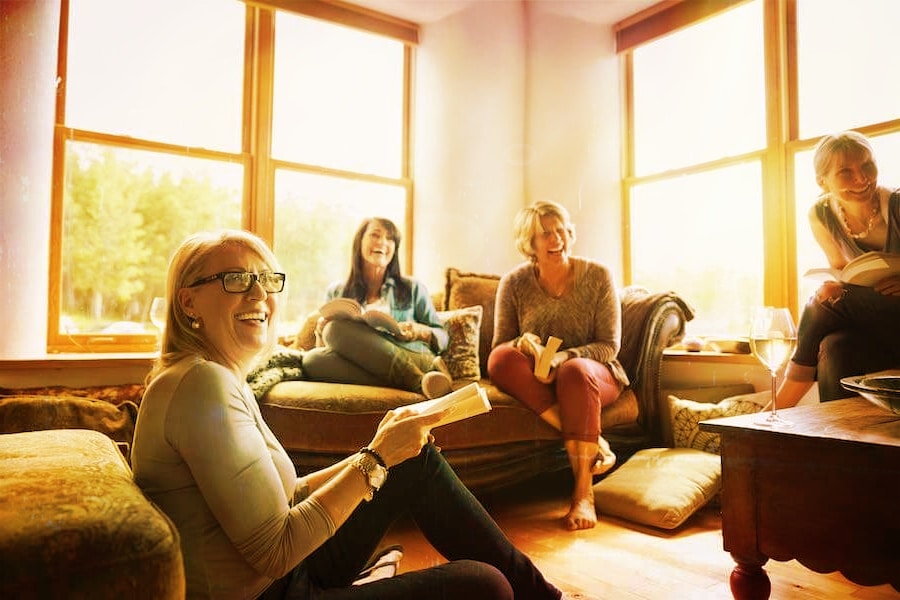
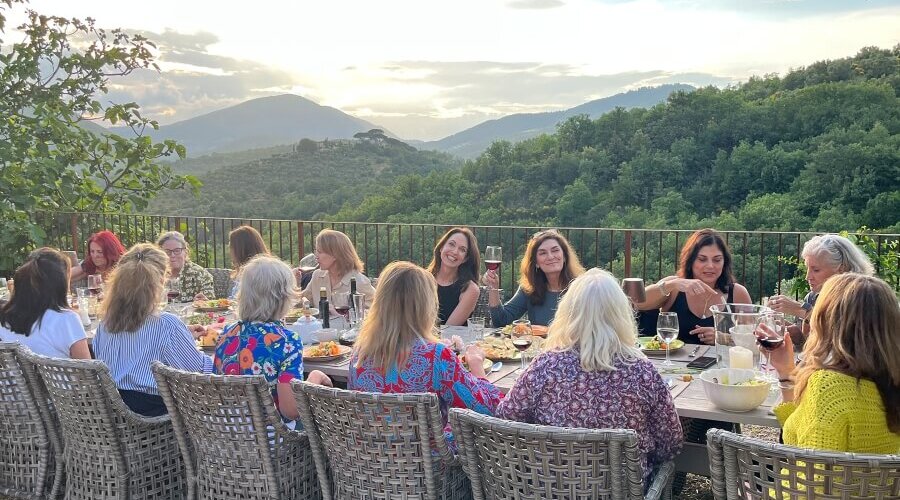
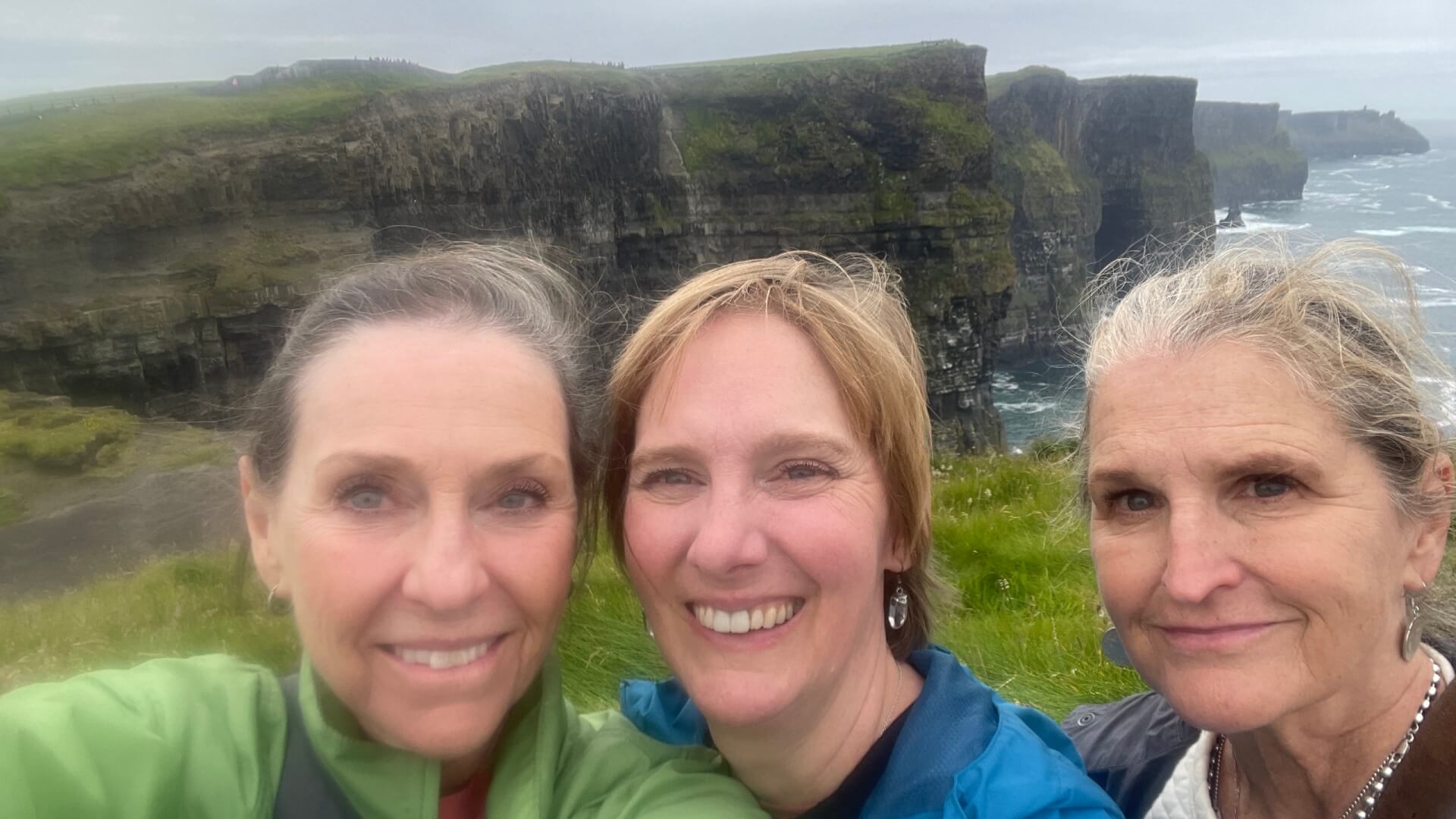
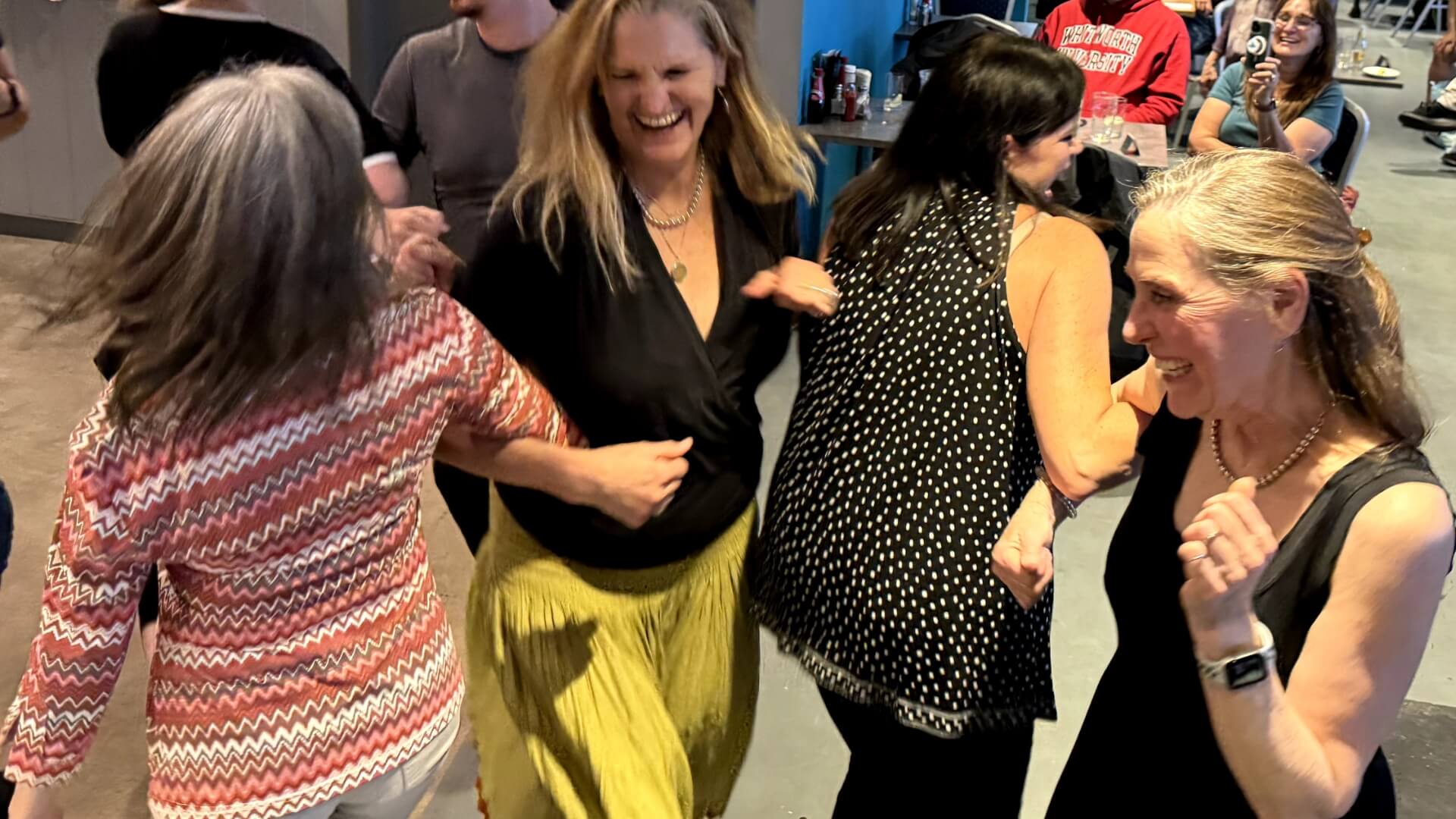



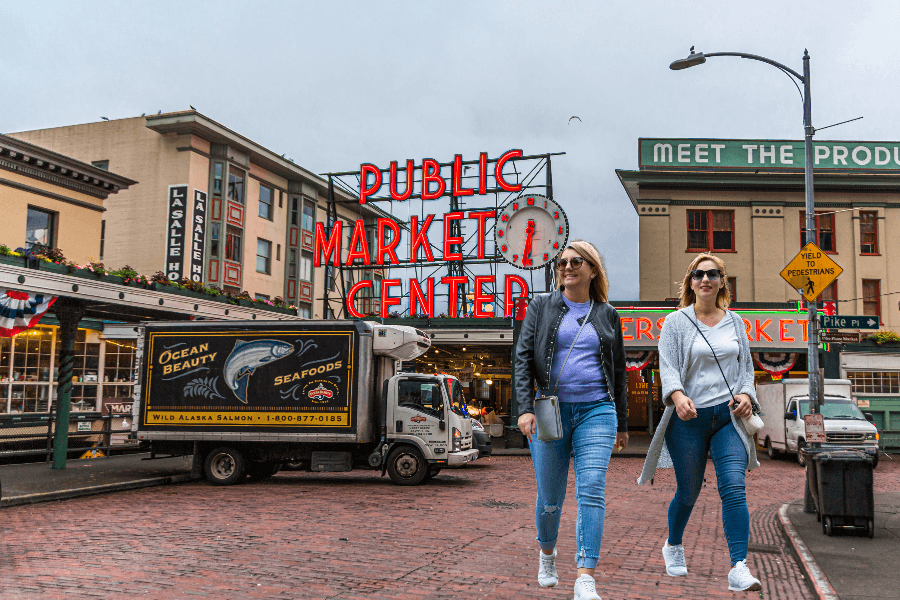




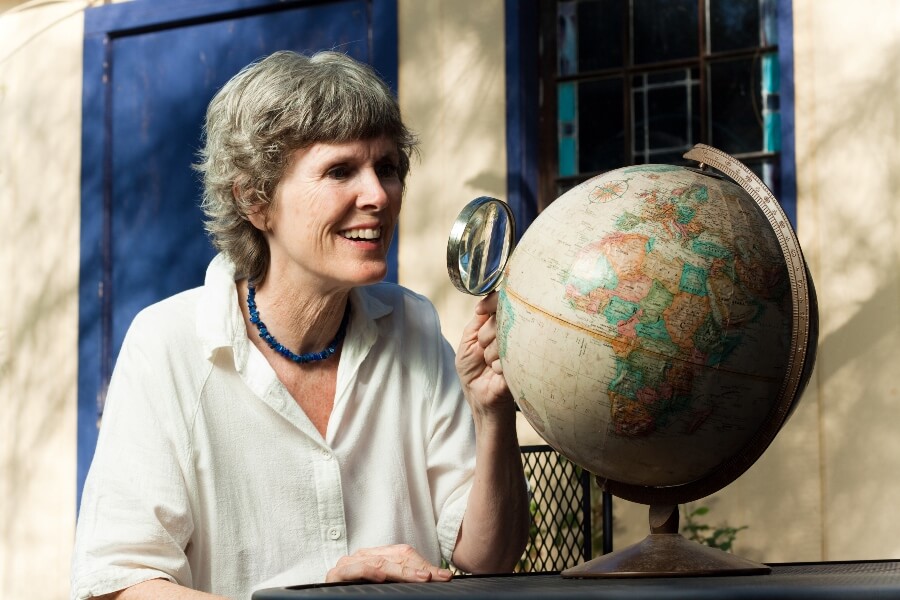
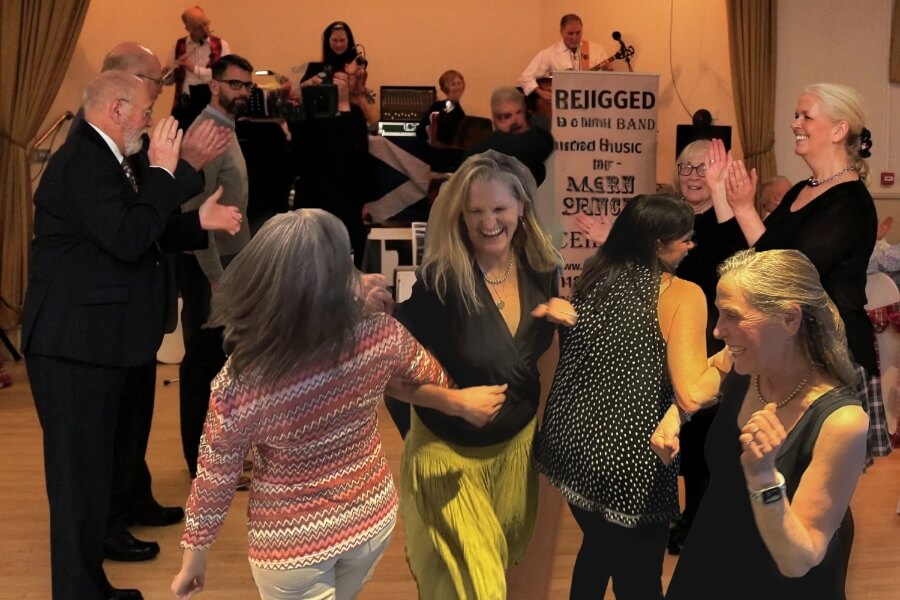

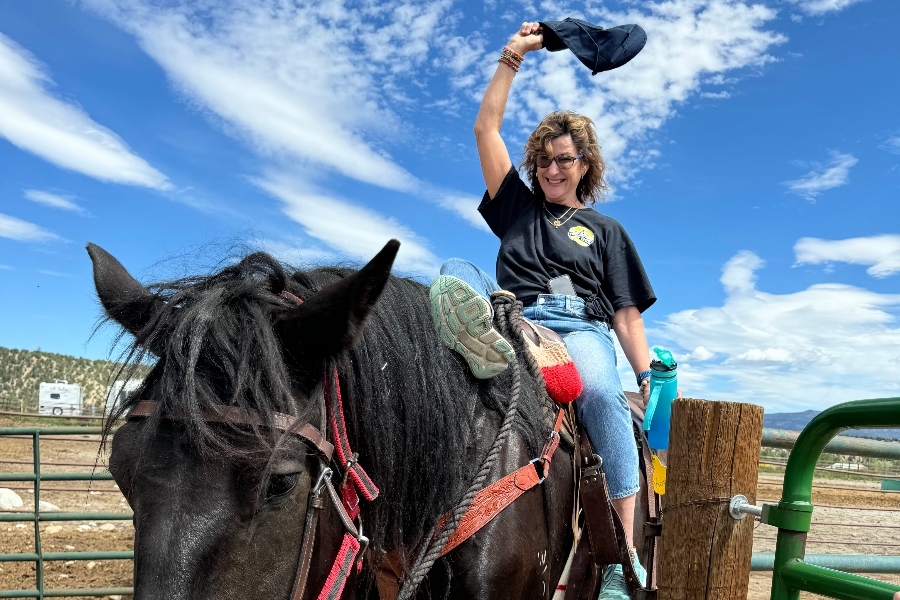



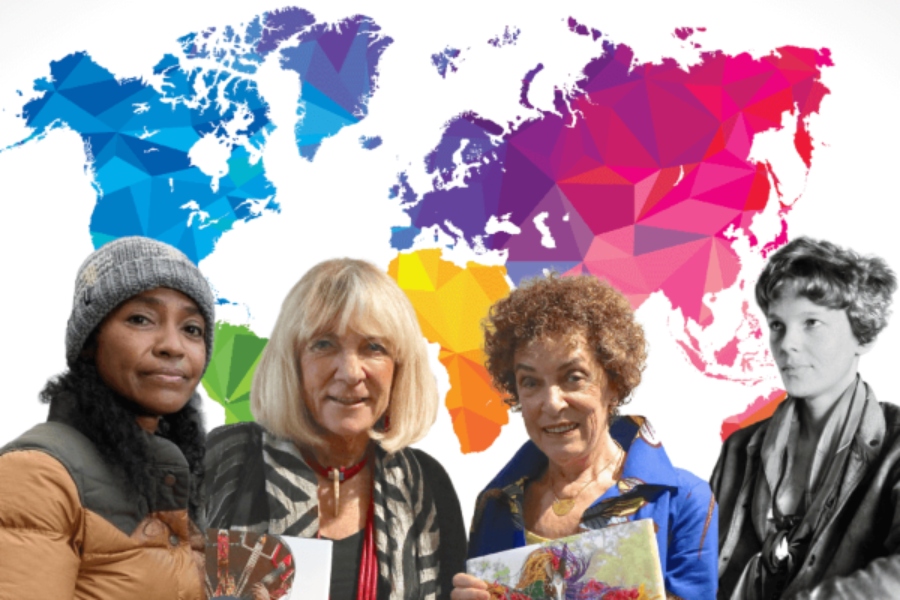

0 Comments